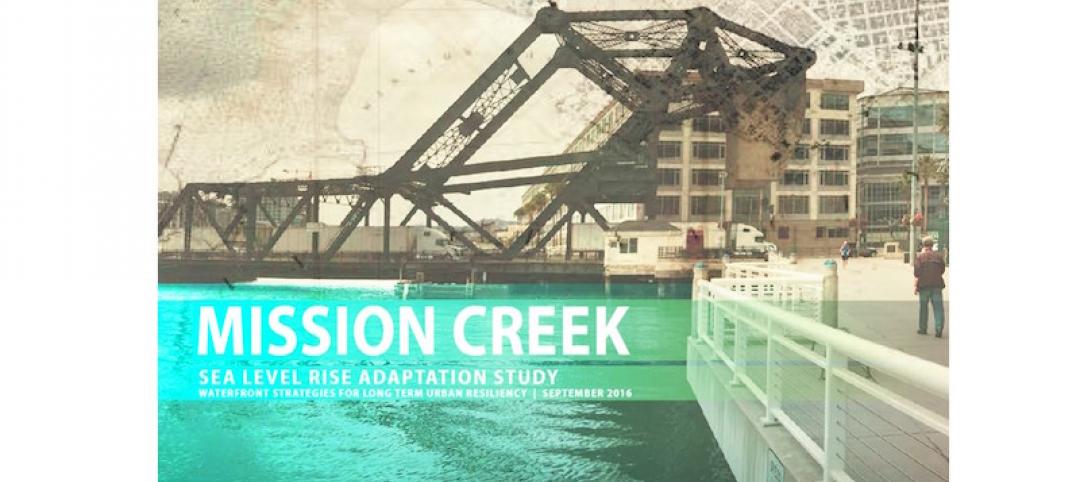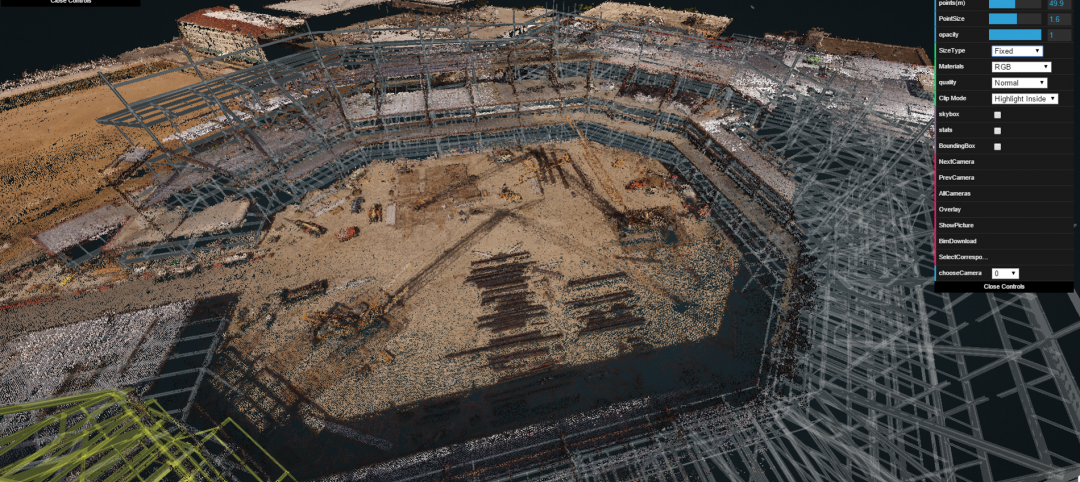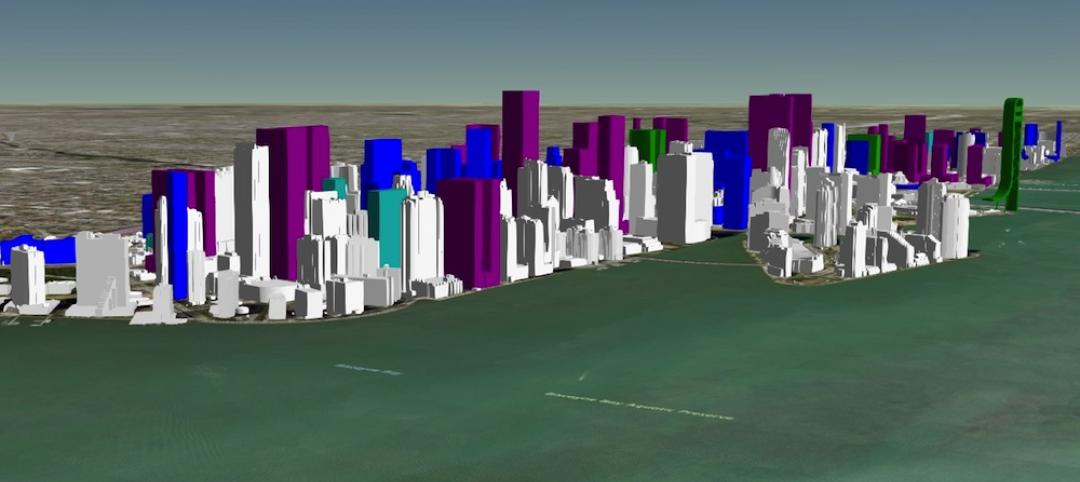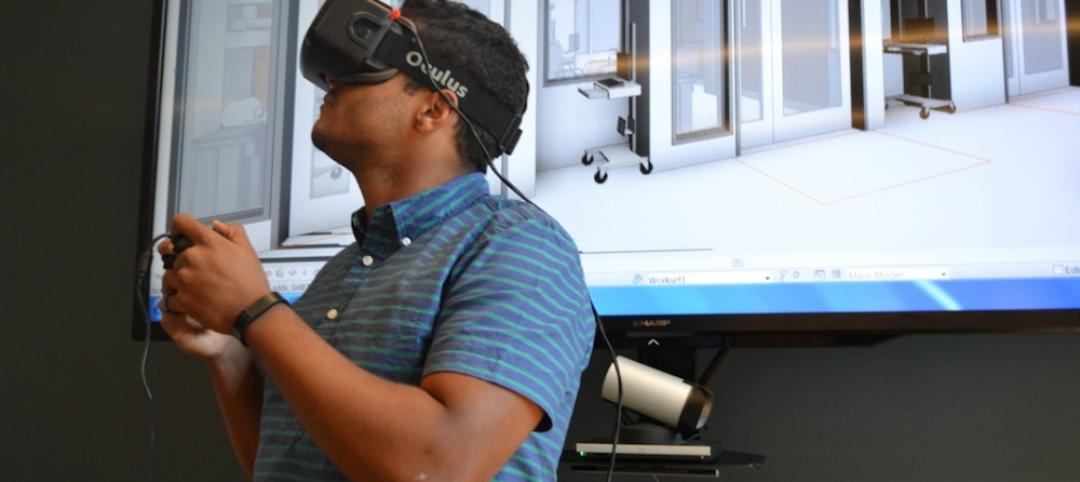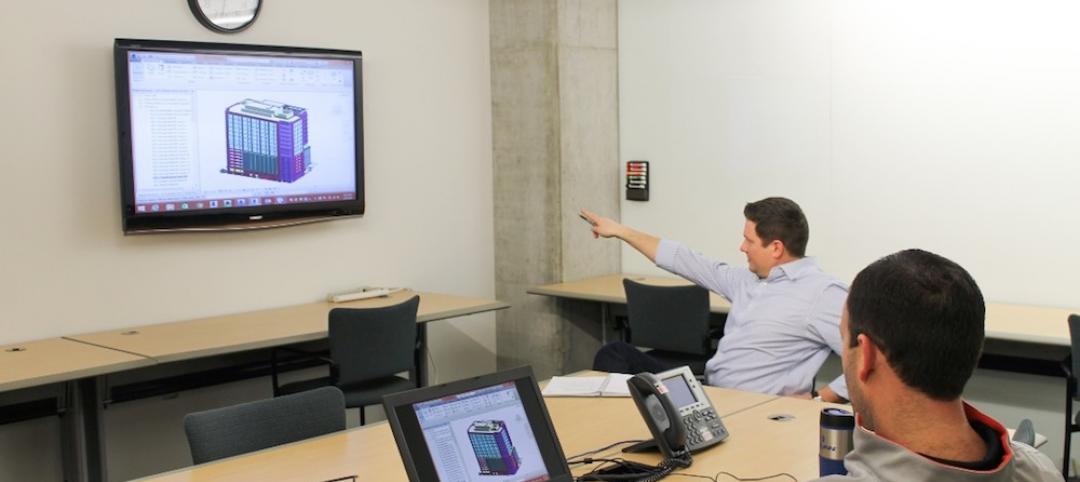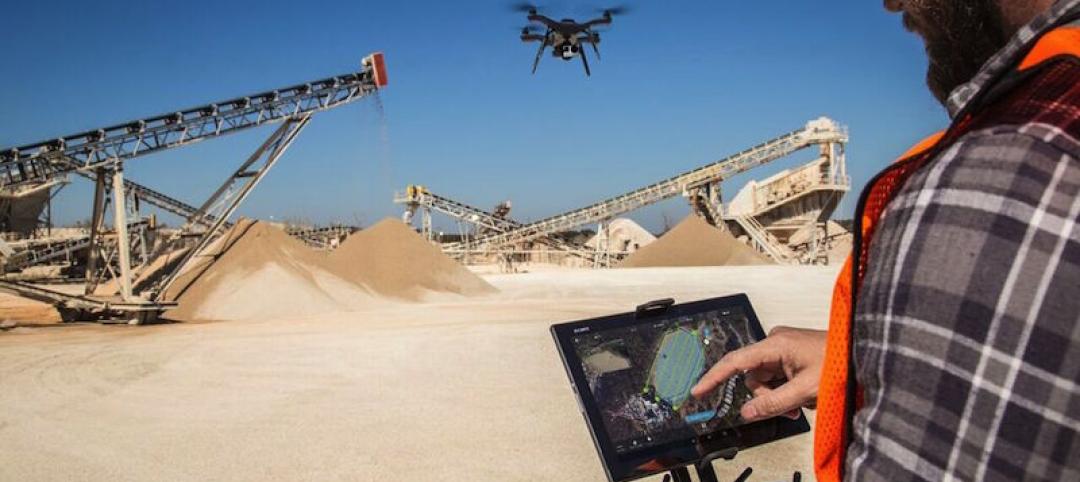By definition, a city is a big place. And, as such, it is hard to stay on top of everything going on within its borders. There will always be outcomes to scenarios that couldn’t have been predicted, issues that arise from small details overlooked in the planning process.
But the city-state of Singapore is trying to rectify this issue and make sure no small details are overlooked again. What is their solution? To create a hyper-realistic virtual model of the island city-state, something they are currently in the process of doing.
With the help of the Prime Minister’s Office and Dassault Systèmes, a multinational software company that is at the forefront of 3D design, Virtual Singapore is well on its way to completion.
Virtual Singapore will incorporate information such as data about the climate, demographics, energy consumption, and building elevation, all the way down to small details like the location of trees.
If you ever played SimCity, a game designed by legendary game designer Will Wright, this probably seems pretty familiar to you. But Virtual Singapore is built for more than just entertainment.
“You can click on a building and see the surface of its roof, how much electricity it consumes. You can simulate how in the event of a gas leak or a bombing, the population could escape based on where people are,” said CEO of Dassault Systèmes, Bernard Charlès, in an interview with Tech Insider. “We have simulation engines for this.”
Virtual Singapore can be used for more than planning for emergencies or disasters, though. It can also be used to see how a proposed change to the city would affect it. Thus, helping to eliminate those tiny overlooked details that rear their ugly heads later on in the process, when issues become more expensive to fix.
The majority of the data being used to create Virtual Singapore was stored on siloed platforms, but Charlès hopes to eventually incorporate data directly from citizens, such as information from cars or fitness trackers.
Dassault Systèmes projects Virtual Singapore to be completed by 2018.
Related Stories
AEC Tech | Apr 15, 2016
Should architects learn to code?
Even if learning to code does not personally interest you, the growing demand for having these capabilities in an architectural business cannot be overlooked, writes computational design expert Nathan Miller.
Building Tech | Apr 12, 2016
Should we be worried about a tech slowdown?
Is the U.S. in an innovative funk, or is this just the calm before the storm?
BIM and Information Technology | Apr 8, 2016
Turner streamlines construction progress tracking using predictive visual data analytics
The construction giant teams with a computer science and engineering professor to develop a clever drone- and rover-based construction monitoring tool.
BIM and Information Technology | Apr 5, 2016
Interactive 3D map shows present and future Miami skyline
The Downtown Miami Interactive 3-D Skyline Map lets users see the status of every downtown office, retail, residential, and hotel project.
AEC Tech | Mar 31, 2016
Deep Learning + AI: How machines are becoming master problem solvers
Besides revolutionary changes to the world’s workforce, artificial intelligence could have a profound impact on the built environment and the AEC industry.
Big Data | Mar 28, 2016
Predictive analytics: How design firms can benefit from using data to find patterns, trends, and relationships
Branden Collingsworth, HDR’s new Director of Predictive Analytics, clarifies what his team does and how architecture projects can benefit from predictive analytics.
BIM and Information Technology | Mar 21, 2016
Latest tech devices simplify the leap from BIM to virtual reality
Faster conversion times and higher-quality graphics are enabling VR to make the jump from novelty to necessity in the AEC world.
AEC Tech | Mar 15, 2016
Two to tango: Project Tango isn’t just for entertainment, it also has a wide range of possibilities relating to the professional world
Making things like augmented reality, precise measurements of indoor spaces, and indoor wayfinding possible, Google’s Project Tango has all the makings to become a useful and ubiquitous tool in the AEC market.
BIM and Information Technology | Mar 14, 2016
Visual estimating, generative design, and component construction push the limits of BIM/VDC
DPR Construction, JE Dunn, and The Living advance the AEC industry with three clever tech solutions.
Drones | Mar 9, 2016
A new image-capturing platform mediates drone and cloud technologies
3DRobotics, Autodesk, and Sony launch Site Scan to speed the process of making models from field data.



